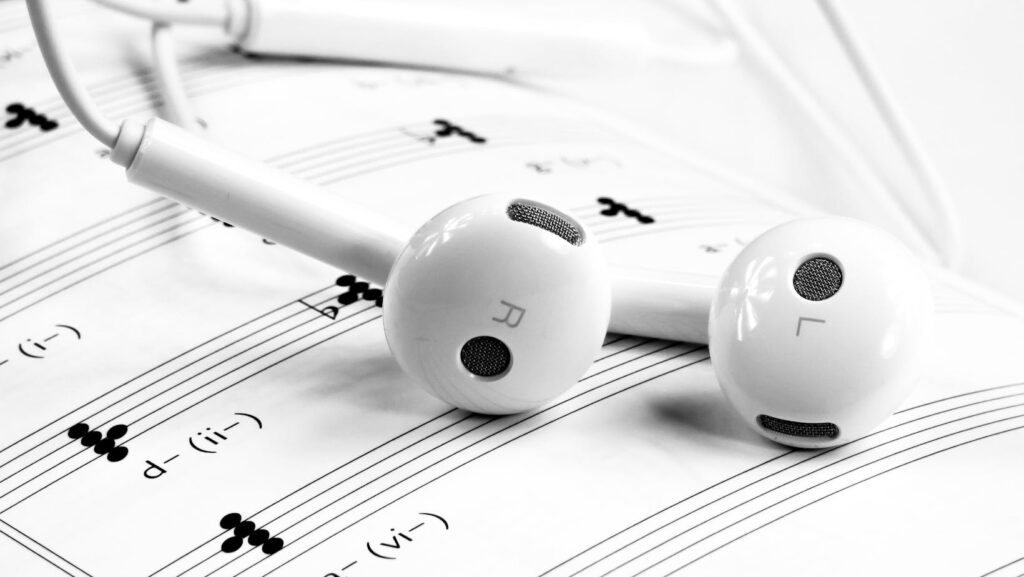Delving into the enchanting world of classical music trivia unveils a treasure trove of fascinating anecdotes and historical gems. From legendary composers’ quirky habits to iconic symphonies’ intriguing origins, the realm of classical music is brimming with captivating details waiting to be discovered. Whether one is a seasoned aficionado or a curious newcomer, exploring these musical tidbits adds a layer of depth to the timeless compositions that have shaped the landscape of music history.
The Origins of Classical Music

Exploring classical music trivia unveils a rich tapestry of historical insights into early composers and their lasting influences. From the timeless works of Beethoven to the intricate compositions of Mozart, these musical pioneers paved the way for classical music as we know it today. Their innovative styles and creative genius continue to inspire musicians across generations, showcasing the enduring impact of their contributions to the classical music landscape.
Delving into classical music trivia sheds light on the fascinating evolution of orchestral music throughout history. From medieval chants to the grand symphonies of the Romantic era, orchestral music has undergone significant transformations, reflecting the cultural shifts and artistic developments of each period. The orchestral arrangement, instrumentation, and thematic elements have evolved over time, shaping the diverse range of orchestral pieces that continue to captivate audiences worldwide.
Classical Music Trivia

Classical music enthusiasts often marvel at the stories behind some of the most iconic symphonies in the classical music repertoire. Pieces like Beethoven’s “Symphony No. 9 in D minor, Op. 125” or Mozart’s “Symphony No. 40 in G minor, K. 550” not only showcase the composers’ musical prowess but also carry fascinating narratives within their melodies.
While the classical music world is replete with famous compositions, there are several lesser-known pieces that have wielded significant influence. Works like Pachelbel’s “Canon in D,” Grieg’s “Peer Gynt Suite,” or Barber’s “Adagio for Strings” may not be as immediately recognizable to the casual listener but have left a lasting impact on the classical music landscape. These pieces, though not as mainstream as some symphonies, hold a special place in the hearts of many classical music aficionados.
Classical Music and Modern Media

Classical music has had a significant presence in film and television, enriching countless cinematic experiences with its emotional depth and timeless melodies. From epic soundtracks to subtle background scores, classical compositions have enhanced storytelling and evoked powerful emotions in audiences worldwide. Iconic movies like “The Shawshank Redemption” featuring Mozart’s “Duettino – Sull’aria” from “The Marriage of Figaro” or “Amadeus” showcasing Mozart’s masterpieces, have cemented the integration of classical music into the fabric of visual media.
Television series have also drawn upon classical music to set the mood and elevate dramatic moments. Shows like “Westworld” with its striking use of Debussy’s “Reverie” or “Mr. Robot” incorporating Beethoven’s “Symphony No. 7 in A major, Op. 92” have demonstrated the versatility and impact of classical pieces in the modern entertainment landscape.
Influences of Classical Music on Other Genres
Classical music has had a profound influence on jazz and pop music, shaping their evolution and adding depth to their compositions. Jazz musicians, for example, often incorporate classical elements like complex harmonies and intricate melodies into their improvisations, enhancing the sophistication of the genre. Artists such as Duke Ellington and George Gershwin seamlessly blended classical techniques with jazz rhythms, creating a unique fusion of styles that continues to resonate with audiences today. Similarly, in pop music, classical influences can be heard in arrangements that feature orchestral instruments, dramatic crescendos, and operatic vocals. This integration of classical elements adds a distinctive flair to pop songs, elevating them beyond conventional structures and infusing them with a touch of classical elegance.
Furthermore, contemporary film composers often use classical orchestration techniques to evoke emotion and enhance storytelling in movies, demonstrating the enduring relevance of classical music in shaping modern auditory experiences. By embracing classical influences, modern musicians continue to push the boundaries of sound exploration, creating rich and multi-dimensional musical landscapes that resonate with audiences across genres.
